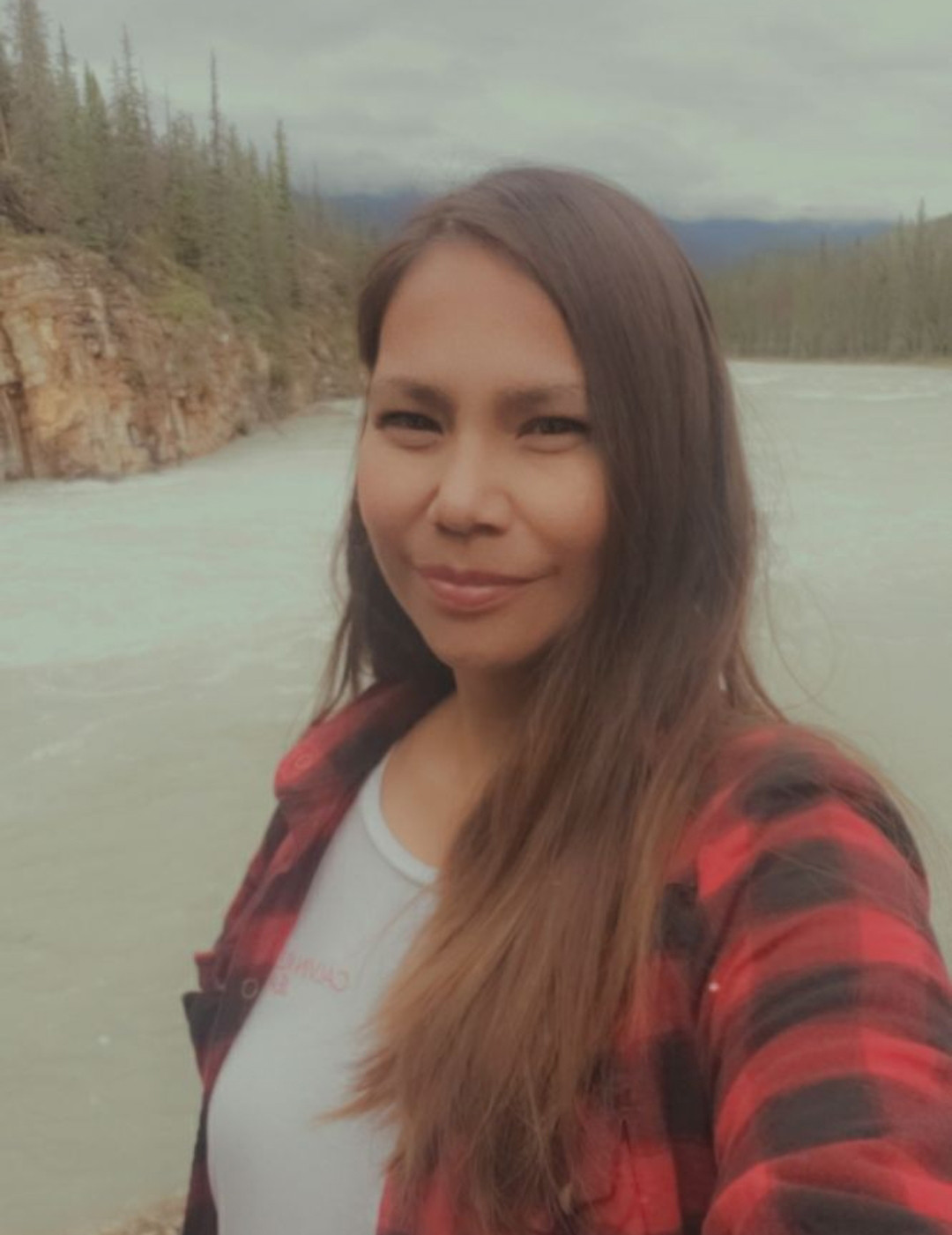A new way to gather
Sharing Indigenous experiences of the pandemic internationally

Valene Bill is one of the organizers of the Kana Wain Dida conference on COVID-19 and Indigenous Health Sovereignty.
Kitatipithitamak Mithwayawin is currently accepting submissions for the upcoming Kana Wain Dida: COVID-19, Indigenous Communities, Health Sovereignty and Working Together for Change gathering. Stéphane McLachlan, one of the gathering’s organizers, says it’s the first international event to have Indigenous experiences with COVID-19 as its central focus.
The direction of the conference will ultimately be shaped by submissions from Indigenous scholars, heath workers, researchers and community members. The organizers have a wide and expansive list of potential topics submissions can relate to available on the gathering website.
Kimberley Wilde, another organizer, has a sense of what some of the key focuses will be.
“All of the keynote speakers that we’re talking to and all of the panel contributors that we’re talking to are Indigenous people who are in the medical communities or doing research works in COVID,” she says.
“What we hope will come out of this is an understanding that the pandemic is just one of many other issues that they are having to deal with,” Wilde says. “‘We’re all in this together’ has become a theme of this pandemic, and the reality is that we don’t all come with the same resources or the same access to tools and ways to handle things.”
As an organization aiming to provide culturally appropriate resources for the COVID-19 pandemic and explore the past, present and future impacts of pandemics on Indigneous people, Kitatipithitamak Mithwayawin has been collecting and sharing information about these disparities and experiences since the beginning of the pandemic.
McLachlan says that after getting funding at the start of this health crisis, Kitatipithitamak Mithwayawin has been documenting and supporting community efforts to manage and suppress the virus using a digital-health initiative app and social media, all while being led by an Indigenous advisory council of 11 community-health directors, authorities or community representatives.
Valene Bill, another organizer, says “Kana Wain Dida” refers to the idea of looking out for one another.
“I think we’re all looking to see what the community beside us is doing and what other Indigenous communities are doing,” she says. “In this conference, we’re trying to share our stories around the pandemic.”
She says describing Kana Wain Dida as a gathering is a key language choice. “We wanted to attract both people living in Indigenous communities but also ... scholars,” she says.
Wilde, Bill and McLachlan say that to make the event as accessible as possible, some aspects will be pre-recorded, so that they can be distributed ahead of time (both for those with unstable internet connections and to allow as much discussion as possible during the event itself). Participants can get copies of the schedule to phone in, and, unless there are objections for specific parts, the gathering will be recorded and made available to access later.
McLachlan says a virtual round dance may take place, and “ceremony and prayer will be built in, and people can learn from one another in that way, as well.”
Bill, who worked as a community liaison and did a lot of event planning before the pandemic, says that now, “there’s a really big push to meet virtually. I see a lot of elders willing to do webinars now, and I think it’s really cool.”
Kana Wain Dida will be held from May 20 to 22. For more information, visit covid19indigenous.ca.
Published in Volume 75, Number 20 of The Uniter (March 4, 2021)







